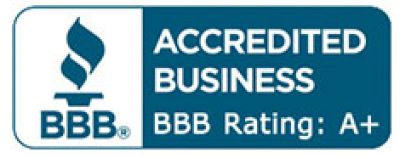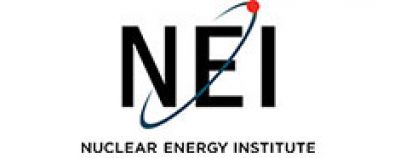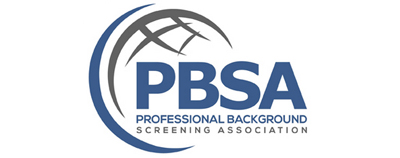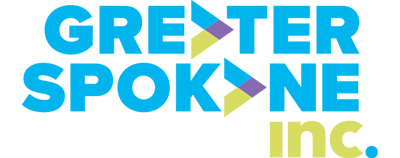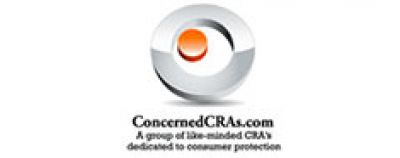Are Your Disclosure & Authorization Forms Compliant?
June 2, 2023 | Compliance
Is it time for a health check of your Disclosure & Authorization Forms? The disclosure and authorization requirement is one of the primary responsibilities of employers related to background checks. And yet lawsuits due to non-compliance have been on the rise. It’s well worth employers’ time to review their forms regularly to ensure they are current and compliant.
First let’s review some basics. The Fair Credit Reporting Act (FCRA) regulates the procurement and use of consumer reports. The employer must certify to the Consumer Reporting Agency (CRA) that they have provided disclosure and authorization; and will adhere to the requirements of the pre-adverse and adverse action process.
There are two types of consumer reports defined by the FCRA: consumer reports and investigative consumer reports. This is an important distinction, because each has specific disclosure requirements which we’ll cover below. Here is a summary of the consumer report disclosure and authorization requirements outlined in section 604(b)(2):
- A clear and conspicuous disclosure has been made in writing to the consumer at any time before the report is procured or caused to be procured, in a document that consists solely of the disclosure, that a consumer report may be obtained for employment purposes; and
- The consumer has authorized in writing (which may be made on the disclosure form) the procurement of a consumer report.
Section 606 requires an additional disclosure to be given if an investigative consumer report will be obtained. ICR’s include opinions from others about the applicant, like interviews with personal references or employers. Here is a summary of the employer requirements outlined in sections 606(a) and 606(b).
- It is clearly and accurately disclosed to the consumer that an investigative consumer report including information regarding character, general reputation, personal characteristics and mode of living, whichever are applicable, may be made.
- The employer makes a complete and accurate disclosure of the nature and scope of the investigation if requested by the consumer.
So how many forms do you really need? Employers may include on the consumer report disclosure, a limited notice of intent to procure an Investigative consumer report. However, an employer may not include the nature and scope of the investigation in the same notice, because it would likely overshadow the consumer report disclosure. This means if you are ordering investigative consumer reports, you need to provide an additional disclosure.
Let’s look more closely at the requirements above and what they mean. There are some common misunderstandings about what can be included on these forms. The first consumer report requirement listed above seems simple enough, but the terms “clear and conspicuous” and “in a document that consists solely of the disclosure” are loaded with potential liability! The point of the disclosure is to clearly disclose to the applicant that a consumer report will be ordered. It is intended to be simple and easily understood. It cannot contain any information that may confuse the consumer or detract from the required disclosure.
In July 2011 the FTC released a staff report called 40 Years of Experience with the Fair Credit Reporting Act, in which it provided summary interpretations. Regarding the consumer report disclosure, it states “the notice may not include extraneous or contradictory information, such as a request for a consumer’s waiver of his or her rights under the FCRA.” Extraneous is defined as “irrelevant or unrelated to the subject being dealt with”. This includes administrative statements or any additional disclosures, such as ADA or EEOC compliance and liability waivers. There has been significant litigation around this issue, and several high-profile employers have settled cases because of liability waivers or otherwise improper disclosures. In 2017, the Ninth Circuit Court of Appeals ruled in Syed v. M-1, LLC that a liability waiver is a willful violation of the FCRA. This could result in a fine of $100 - $1000 per violation. What’s the bottom line? Make sure your disclosure form does not contain a liability waiver, releases or indemnity clauses!
Do a health check of your disclosure & authorization forms now! You should do this annually and work with legal counsel who is experienced with FCRA requirements to ensure your forms are compliant. Check with your background screening provider to see if they offer sample forms. Do your forms meet these requirements and best practices?
- The disclosure is provided on a stand-alone document
- It is not part of a printed employment application
- It is not combined with another form. (it may be combined with the authorization form, and if so, may include certain identifying information, however it is best practices to keep these forms separate)
- The disclosure is clear and conspicuous, it does not contain any extraneous language which might distract or confuse the consumer (applicant)
- It does not contain a release of liability, indemnity clauses or other releases
- It does not include additional disclosures, such as compliance with ADA, EEOC or other administrative statements
- It may include limited intent to procure an investigative consumer report, however it may not describe the nature and scope because that would likely overshadow the requirements of the consumer report disclosure.
- You are obtaining signed authorization to procure a consumer report, before ordering a background check
- If you are obtaining an investigative consumer report, you are also providing the required disclosure regarding investigative consumer reports
- You are providing the Summary of Rights Under the FCRA (this is required if obtaining an ICR, but is best practices to provide when ordering any consumer report)
Employers must certify compliance with the disclosure process to any CRA who provides them with consumer reports. But interpreting the requirements to ensure you know what you’re certifying can be challenging. Work with your background screening company and legal counsel to ensure you are compliant. This is an important step to prevent costly litigation!
Pinnacle clients can take advantage of our applicant invite feature, and order background reports with the peace of mind that compliant forms are being signed electronically and stored in our secure online portal.
Pinnacle does not provide legal advice. We strongly advise that employers consult with legal counsel to ensure their disclosure and authorization forms are legally compliant.
« Back
